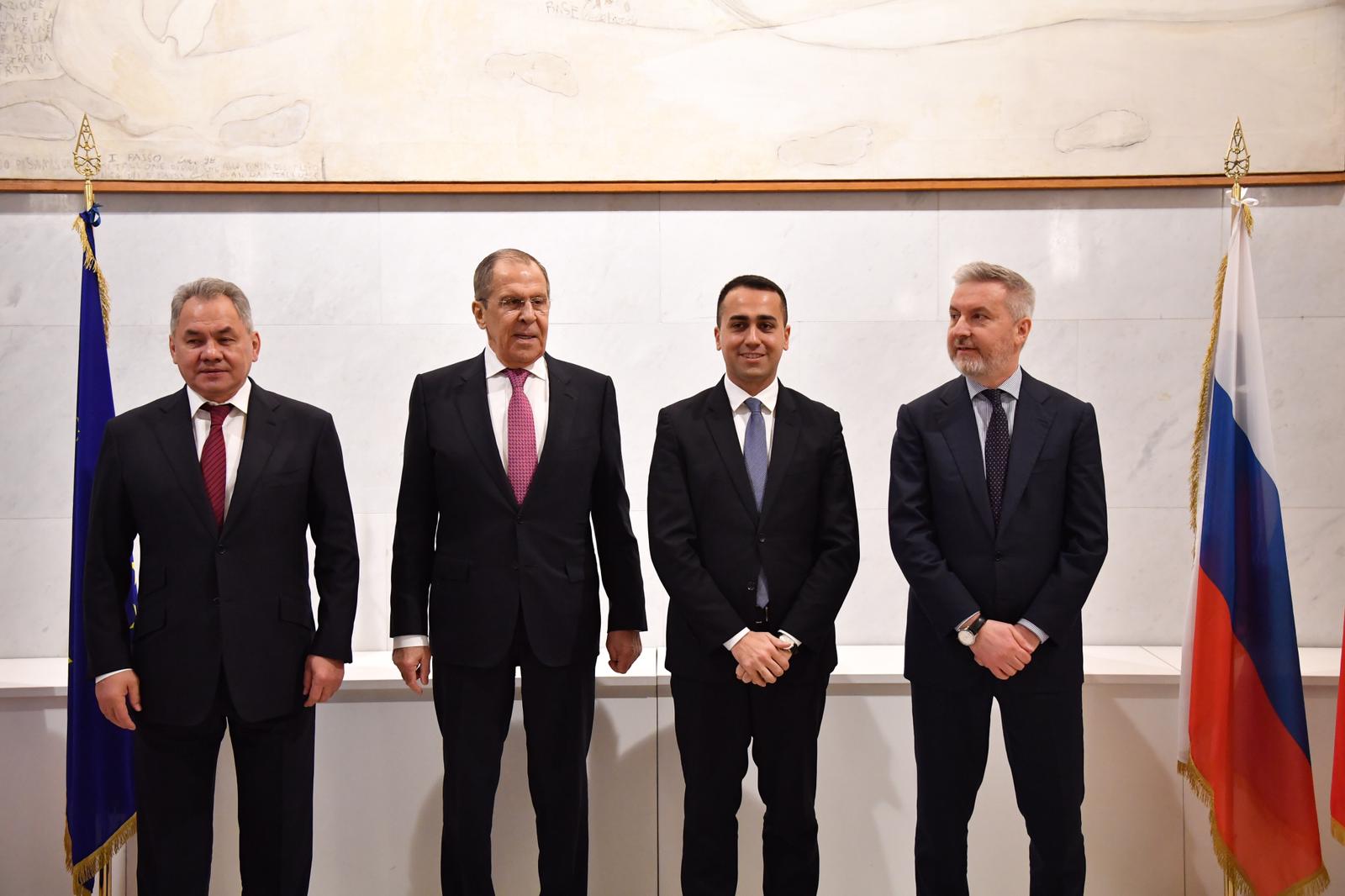“We absolutely have to avoid dividing the world into pro-China and anti-China blocks – we must not fall into a repetition of the Cold War.” Thus spoke Fiona Hill, Senior Fellow at Brookings Institution and world-class expert, in an interview to Formiche.net. Nonetheless, recent developments indicate that Dr. Hill’s concerns are quickly becoming reality – at least as far as polarisation is concerned.
On Thursday, the United States issued a shutdown order at the Chinese consulate in Houston, Texas – a move Secretary of State Mike Pompeo described as necessary as he accused the structure of being “a hub of spying and intellectual property theft.”
Beijing called the act a “provocation” and retaliated by closing the American consulate in Chengdu, in the country’s south-west, on Friday. The Chinese foreign ministry called the closure a “legitimate and necessary response to the unreasonable actions taken by the US,” adding that “the current situation between China and the US is something China does not want to see, and the US bears all responsibility for that.”
But Washington appears irremovable. “We must admit our truth that should guide us in the years and decades to come, that if we want to have a free 21st century, and not the Chinese century of which Xi Jinping dreams, the old paradigm of blind engagement with China simply won’t get it done,” reiterated Mr. Pompeo.
The escalation in the Sino-American confrontation is the latest instalment in a saga that includes the deadlocked trade war, the “tech war” fought on 5G infrastructures and computing chips, and the US’ condemnation of the Chinese crackdown on Hong Kong by means of a new, highly controversial security law.
“The long series of tariffs, sanctions for the violation of human rights and revoked visas we have seen in there months suggests that the escalation will not end here,” writes Stefano Stefanini, Senior Advisor at ISPI and diplomacy veteran, on Formiche.net.
Washington is trying to convince its allies around the world to side with it in what seems to be the dawn of a new historic confrontation, which is extremely unlikely to be avoided even if president Donald Trump loses the White House to Joe Biden in November.
As Mr. Stefanini points out, European allies to the US, Italy included, will soon be called to take a very clear decision on the adoption of Chinese tech in their growing 5G networks – the “digital front” of this geopolitical confrontation.
Italy is taking action against Huawei, albeit to a limited extent and never explicitly, much like neighbouring France. A government source has acknowledged the “lack of political conditions” for a clear governmental stance on Chinese 5G.
The Italian governing coalition’s two main parties are divided on the issue. While the Democratic Party (and the opposition) call for an all-out alignment with the US, the Five Star Movement (which has been supportive of all manners of economic ties with China) is pushing back against this, although less convincingly of late.
Tellingly, foreign minister Luigi Di Maio only recently broke his silence to condemn Hong Kong’s new security law, in a step that seems to have brought Rome and Washington closer.
“The level of escalation reached between Washington and Beijing should disperse all doubts: neutrality is not an option anymore. Of the two countries, Italy is allied to only one: the United States,” argues Mr. Stefanini.
He also points out how comprehensible it is that Italy should want to look for a neutral balance and safeguard economic relations with the world’s second-biggest power – but also that doing this alone can be risky. “Italy must do whatever it’s possible so that the EU and NATO may give birth to a true China policy. It’s too strategic a game to be ignored at the Atlantic level,” he concludes.
Advocating the opposite argument is American geopolitical analyst Andrew Spannaus, who envisions the White House’s tough line on Beijing merely as a negotiation tactic, employed to confront the US’s biggest economic threat and to cover up some of the failures of the Trump administration for the sake of his re-election.
“[Mr. Trump] prefers to use his usual method: strong words, targeted actions, and then bargain. First, he raises the stakes, then he throws the bait, such as the announcement of [US Secretary of Defense] Mark Esper’s visit to China: a way to restore dialogue after the tensions,” he writes. In his opinion, this goes to show that Washington, like Beijing, seek to avoid serious military escalations.
Mr. Spannaus, too, argues that Italy as well as other European nations should not let themselves be caught in the vice between the two geopolitical giants – by maintaining an independentist stance. “Rome does a good job if it remains in its bridge-maker position,” he writes; “as a historical ally, [Italy] must interpret Washington’s dialectic, but also offer concrete steps to its other diplomatic partners. Nobody wants to find themselves in a drastic, ‘us-or-them’ choice.”








